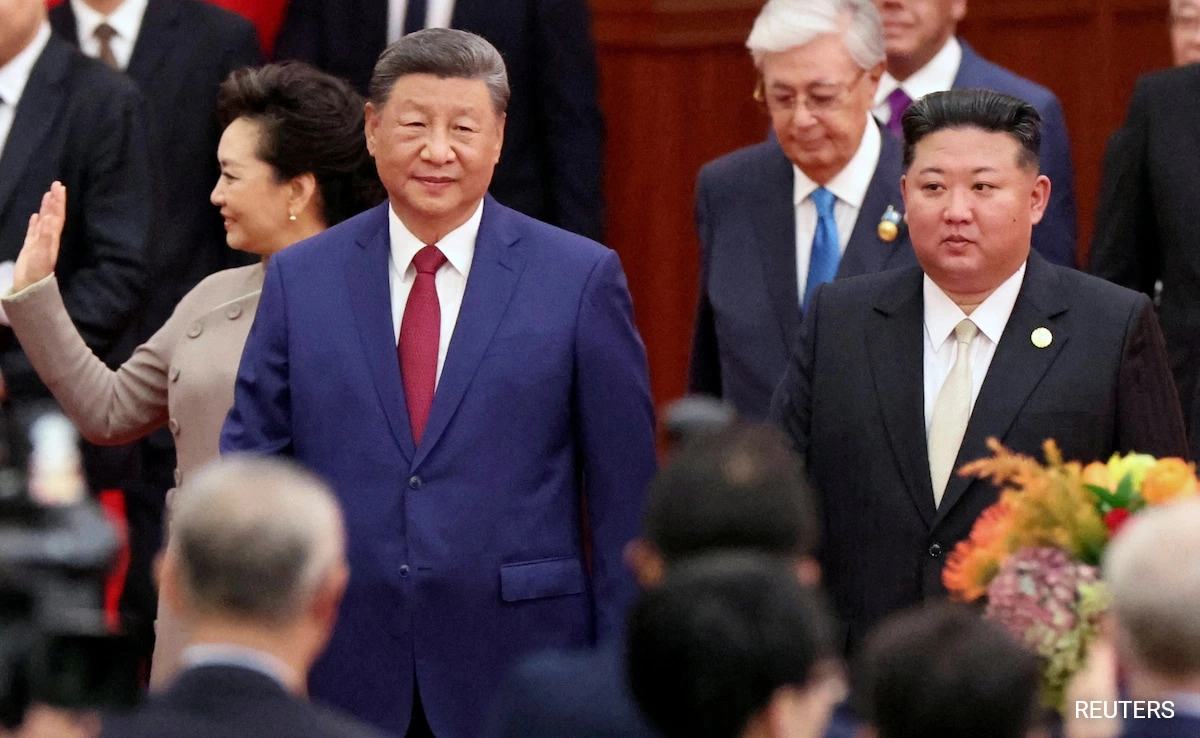In a significant diplomatic engagement, Chinese President Xi Jinping met with North Korean leader Kim Jong Un in Beijing. This meeting marks a notable moment in the ongoing relationship between the two countries, which have historically maintained a complex alliance. The discussions between Xi and Kim primarily focused on regional security, economic cooperation, and the denuclearization of the Korean Peninsula. Both leaders expressed a commitment to strengthening their bilateral ties, emphasizing the importance of mutual support in the face of external pressures.
During the talks, Xi reaffirmed China’s role as a key ally to North Korea, highlighting the need for stability in the region. He reiterated Beijing’s stance on the importance of dialogue and negotiation in resolving tensions surrounding North Korea’s nuclear program. Kim, in turn, acknowledged China’s support and expressed his desire to enhance cooperation in various sectors, including trade and infrastructure development. This meeting is seen as an attempt to solidify their partnership amidst changing geopolitical dynamics, particularly with the ongoing challenges posed by the United States and its allies.
The discussions also touched on North Korea’s economic situation, which has been severely impacted by international sanctions and the COVID-19 pandemic. Kim’s focus on economic development indicates a potential shift in priorities, seeking to balance military ambitions with the pressing need for economic stability. Xi’s willingness to engage with Kim on these issues reflects China’s interest in maintaining a stable neighbor and preventing further deterioration of the situation on the Korean Peninsula.
In summary, the Xi-Kim talks in Beijing underscore the deepening ties between China and North Korea, with both leaders recognizing the importance of collaboration in the face of regional and global challenges. As the international community closely watches these developments, the implications of their discussions could resonate beyond their borders, influencing the broader geopolitical landscape in East Asia. The meeting serves as a reminder of the intricate web of alliances and rivalries that define the region, and the potential for diplomatic efforts to shape the future trajectory of North Korea’s relations with the world.




